The MEDRAP Centre in Policoro carried out an intensive activity and the programme was followed according to schedule.
The experience of this first course confirms the advantage to operating in a commercial farm where, even if completely autonomously, the trainees are in direct contact with many operational problems that Mediterranean aquaculture has to face.
The living in of trainees within the farm permitted to intensify the didactic action, and after a first phase of tiredness due to adaptation at the end of first month of activity, each trainee indentified its interests and created its autonomous rythm of life, outside the hours of planned work. We must not forget that most trainees were abroad for the first time in their lives.
A good integration in the Centre was also demonstrated by the trainees' excellent behaviour and partecipation in activities. From the results, we can assert that more than 90% of the trainees worked with good or excellent results.
Languages were a limitation to some of the trainees, who at the beginning had difficulties in alnalysing papers and follow the activities. At the end of the 2nd month, the problem was nearly solved, and only one or two still had some difficulties, even though they were assisted by more advanced compatriots. In future courses, greater attention will be requited from Governments on the trainees' selection. but it will be also useful to provide basic audiovisual language courses.
The course, as planned, was essentially aimed a technicians who would later work on production. Younger people seemed more suitable to learning manual and routine activities essential for production. They are more adaptable to as life style in the campus and the intensive time table of the course.
In general, there was high concensus for practical activities, especially if related with experiences in production.
The availability of personal equipment underlined a sense of responsibility for the tools which were used.
On the whole, the autonomy of movement in the farm and the personal bicycle permitted to follow with liberty the activities carried out in the farm.
Toward the end of the course and thanks to improved knowledge of languages, contacts with the farm workers and technicians could be established. The didactic effect was obvious, also because continuously supported by the assistance of specialized technicians and consultant experts.
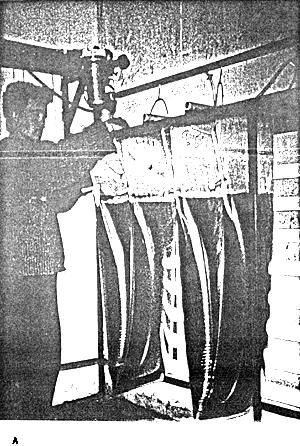 | 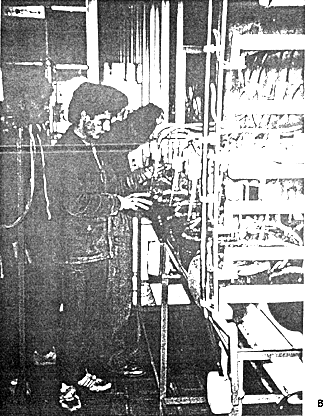 |
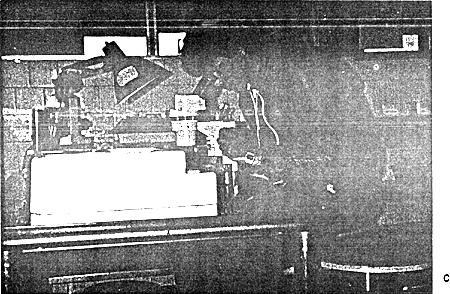 | |
A - B Trainees working on phytoplankton
C Observating and counting zooplankton under the microscope
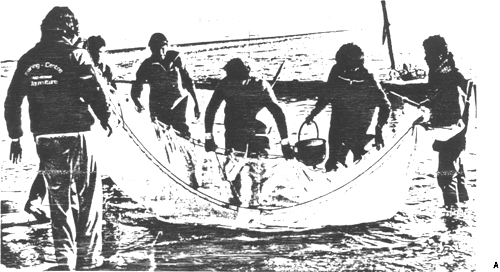
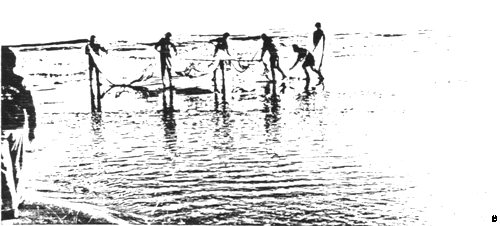
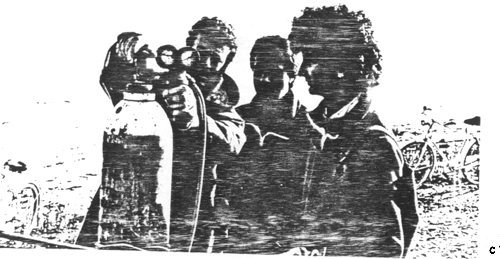
A Fish fry collection with small seine net
B Fish fry collection with large seine net in the sea
C Oxygen control for the transport of the fry captured
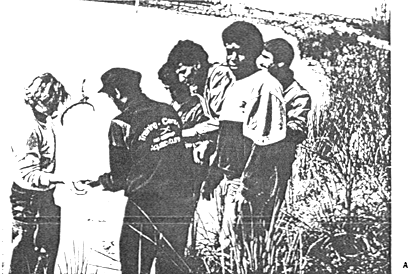
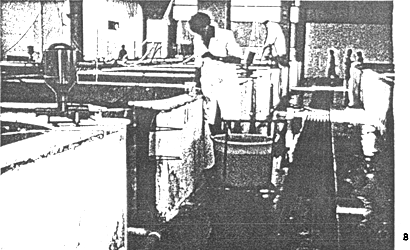
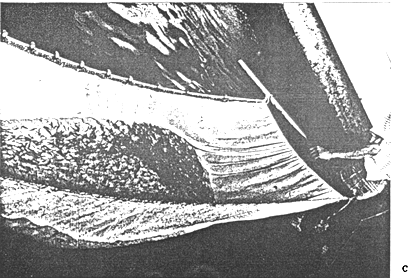
A Zooplankton collection in extensive ponds
B Control of environmental parameters in the hatchery
C Growth control in trials of intensive rearing
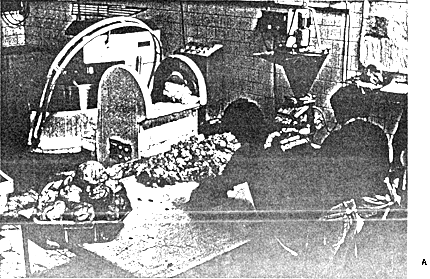
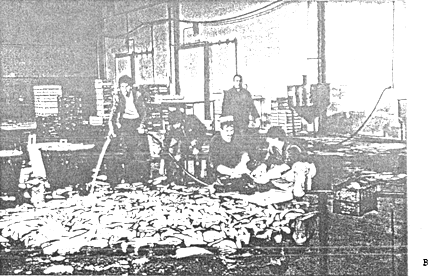
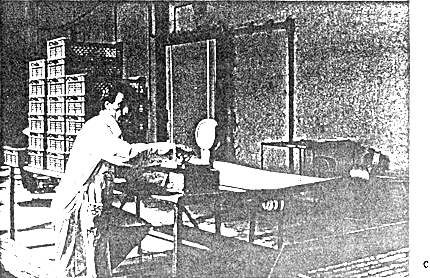
A Preparation of fish food with fresh fish and meal
B Washing and selection of the product
C Biometric analyses of the product
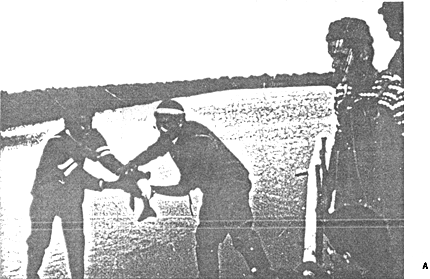
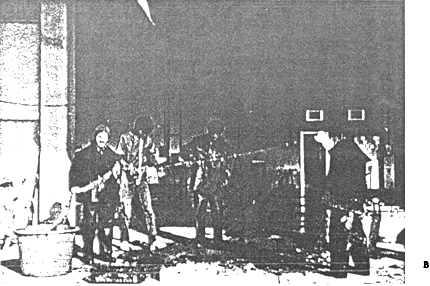
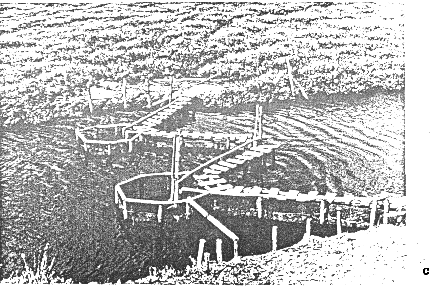
A Handling sea bass brood stock
B Cleaning mono - twine nets
C Fish barrier built by the trainees
LIST OF PARTECIPANTS AT THE TRAINING CENTRE IN POLICORO 1984/85
| Mohamed | LARABI | . . . . . . . . . . ALGERIA | |
| Mefteh | BOUSSAHA | ||
| Fouad El S. | ALY YOUSSEF | . . . . . . . . . . EGYPT | |
| Marios | DAVID | . . . . . . . . . . CYPRUS | |
| Aristidis | KOSKINAS | . . . . . . . . . . GREECE | |
| Dimitris | SARIKOS | ||
| Lampros | ZAXARIAS | ||
| Apostolos | TSOLLIS | ||
| Seddik | BOUZKRAOUI | . . . . . . . . . . MOROCCO | |
| Adel | HAMOUDA | . . . . . . . . . . TUNISIA | |
| Mohamed | BELHAJ HASSEN | ||
| Ghoulem | BACCAR | ||
| Chokri | STAMBOULI | ||
| Ridha | ABDELSSELEM | ||
| Chedly | KHLASS | ||
| Salem | BEN LAMINE | ||
| Mustafa | DENIZ | . . . . . . . . . . TURKEY | |
| Nihat | FILIS | ||
| Marijan | BRSTILO | . . . . . . . . . . YUGOSLAVIA | |
| Vinko | HERLJA | ||
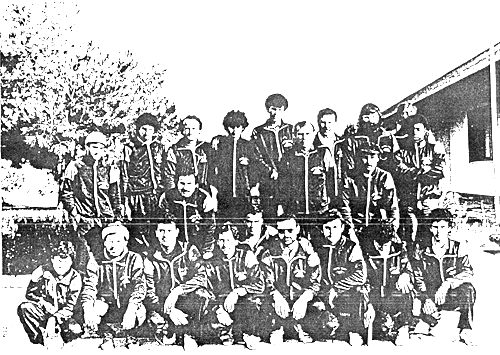
Participants to the 1st MEDRAP Training Course at Policoro